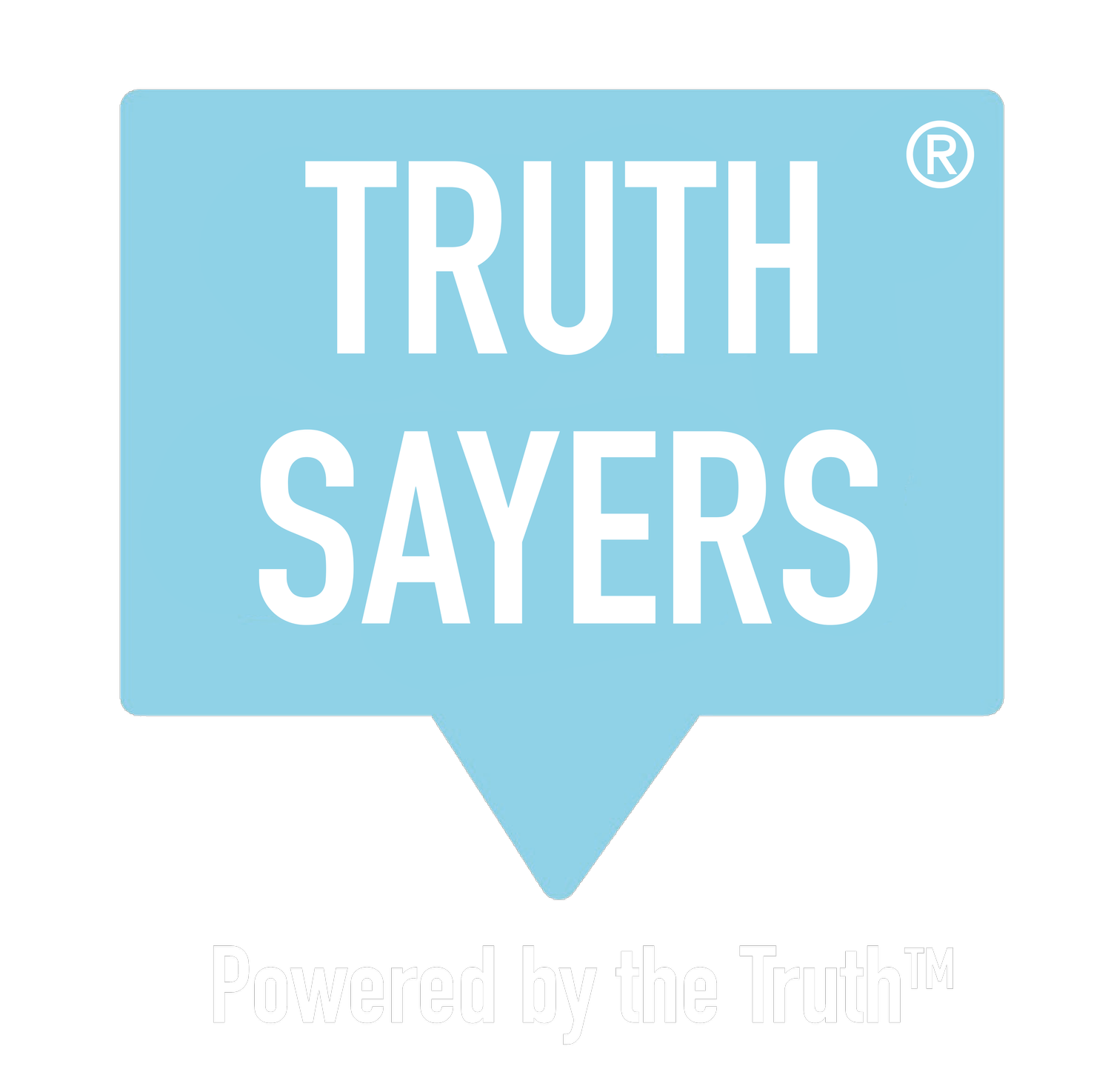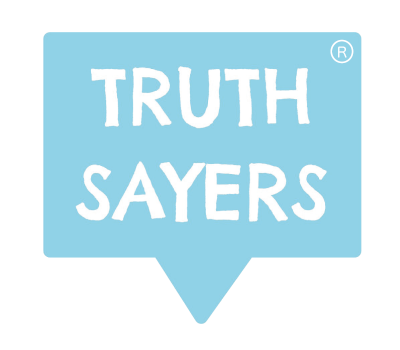Why is it so hard to be honest at work?
We’re all struggling to navigate our way through new ways of being, of working, of leading others, but there is one thing that has become apparent: we have to trust in one another. To get to a place of trust within a team, we need truth, integrity and authenticity.
“To thine own self be true, And it must follow…Thou canst not then be false to any man.”
Polonius’ advice to his son Laertes, in Shakespeare’s Hamlet, were wise words indeed. Knowing yourself and being true to yourself is, I believe, the key to a happy life. So, that’s easy right? To just be you…? As many of us know, it’s far easier said, than done. So, why is it so hard?
It is part of human nature to learn to adopt different sets of behaviours for different social situations. There are very few people who can be the same person at work, as they are at home or at a party with friends. We all don social masks to allow ourselves to fit in and be accepted, noticed and praised in the way that we deem we deserve to be – even when we think we are not masking, we usually are. Most of us have learned to mask our true selves because that authentic, private self can feel too vulnerable and exposed – this is not a self that many will readily display at work. There’s so much baggage that the authentic self carries that, for self-preservation, this baggage gets left at the door. We have all become so good at wearing social masks, that it can be incredibly hard to peel them away. In fact, we may not even know who the ‘authentic me’ is and it takes a certain level of self-awareness and courage to recognise that the personality you are presenting, isn’t the real you.
Hiding behind the mask
When we are masking our true self (either consciously or non-consciously), we are likely to moderate what we say and how we behave according to perceived norms and expectations. We are more likely to withhold our true feelings and share only those thoughts and behaviours that are considered ‘safe’. For the individual, this can result in unhappiness, fatigue, considerable stress and feelings of frustration or oppression, because our mind is out of balance and we are struggling to overcome the cognitive dissonance created by of our true feelings conflicting with the expected feelings.
The repercussions of cognitive dissonance for an organisation can be massive: unhappy, demotivated and de-energised employees leading to reduced productivity, reduced quality of work, absences, presenteeism, attrition and stretched budgets. For an organisation to retain control and reduce the impact of these negative ramifications, it is vital that leaders can understand the triggers for people. Only by understanding, can factors be risk assessed and managed effectively.
Is it possible to build a culture of trust, founded on authenticity, truth and integrity?
It has to be possible, because it’s the only way that businesses will flourish in this new world. From the ground up and the top down, organisations need to penetrate the veneer that masks how people truly feel and empower people to be honest and their authentic self – warts and all!
A direct approach just won’t work though. Asking people for an honest answer rarely results in one. At best, they produce a moderated opinion. Consider the last time you completed an employee engagement survey, or a customer satisfaction survey - were you totally honest in all answers, especially when fatigued on the 20th page? Even if you answered “Yes” you know in your heart of hearts that most people didn’t. And let’s be clear, this isn’t because people are deliberately misleading; it’s because the method is flawed.
Lifting the mask
The only way to lift the mask on what is really going on within an organisation is to use a neurotech method (neuroscience technology). The science isn’t new, but it is only recently that big business has really cottoned on to the power that neurotech offers. WhatOurPeopleFeel is leading the way with neurotech in the ESG and Innovation spaces. This group of visionary creatives understand how influential the intangible human factors can be on productivity. Their fresh, scalable solution involves no complex forms or reams of open questions. The analytics programmes they run measure automatic gut responses in super-fast time and non-invasively. The responses that this neurotech solution are capturing cannot be consciously moderated, or faked. The resulting data reflects honesty and intuition - unbiased by conscious processing.
When the neurotech method is used, our whole selves are being represented, anonymously and securely, untarnished by moderation. The method implicitly measures our actual attitudes, and when applied to teams, demographics and whole organisations, it characterises our collected authentic viewpoint. It can be the starting point for conversations that were previously too awkward to broach. It gives leaders precise insights, upon which actions can be taken, to address the issues that are the most acute, or the most different from what was previously understood. Working from a baseline of truth, organisations can build a culture of truth, integrity and authenticity.
“We’ve seen the power of neurotechnology at work. It can impact and, in some cases, completely change a company’s strategy, leading them to be better informed to make better decisions”


